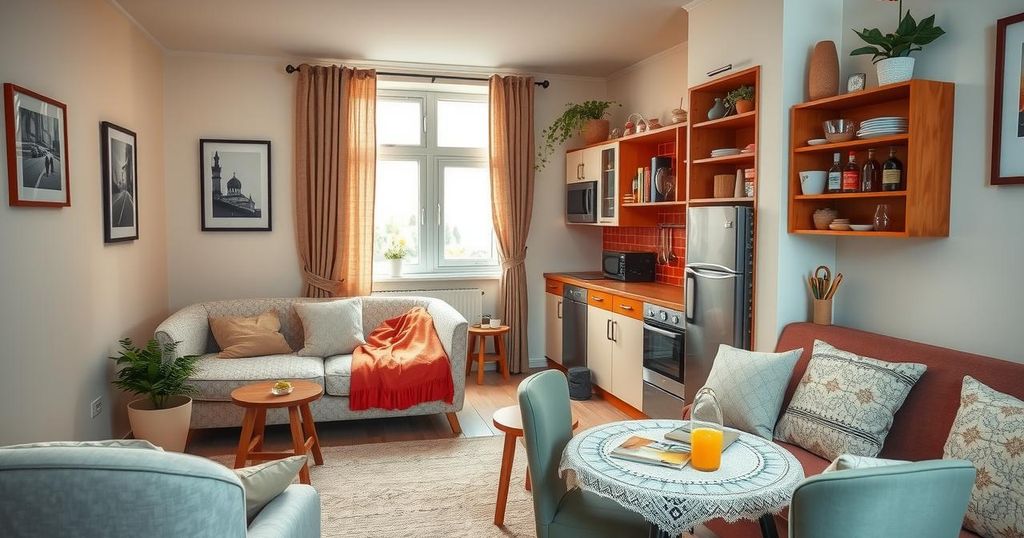Adapting to Sanctions: Life in Russia Amid Economic Strain

- 10 Niger soldiers were killed in recent militant attacks as reported by the government.
- Sergei and Maria Duzhikov illustrate the adaptability of Russians amid sanctions.
- Western brands have largely exited the Russian market, replaced by local alternatives.
- The couple enjoys traveling, with Venezuela their latest destination.
- Inflation remains high in Russia, yet the Duzhikovs maintain a comfortable lifestyle.
Adaptation Amid Economic Turmoil: Russian Resilience
Since the onset of the conflict in Ukraine, many Russians have had to adapt their lifestyles due to Western sanctions. In Mytishchi, a suburb just outside Moscow, Sergei Duzhikov and Maria Tyabut represent a growing number of middle-class families who have navigated these changes relatively smoothly. They have traded Western products for Russian alternatives, and have embraced new vacation destinations, illustrating a broader trend of resilience and adaptation among Russians amid unfriendly international relations.
Finding Comfort in Alternatives and New Markets
In their two-bedroom apartment, which has been recently renovated, the couple shares that their fridge is stocked with locally-sourced Russian goods, including cheese substitutes for Western favorites. Maria, who is employed at a cosmetics company, expresses that her life has not suffered a drastic change due to the sanctions. “From the perspective of my everyday life—home, family, work, leisure, friends, hobbies, and interests—I honestly don’t feel the impact of sanctions,” she affirms, underscoring the determination of ordinary citizens to adjust and find satisfaction in new customs despite the absence of familiar brands.
Travel and Consumption: A Shift in Habits
Despite facing some challenges, such as sporadic shortages and delivery issues, the couple seems generally content with their lifestyle changes. Sergei mentions the long wait for car parts following an accident, prompting him to sell his Korean car in favor of a Chinese model. Rather than feeling deprived, Maria insists there is no shortage of food or basic commodities, stating, “I don’t feel deprived in any way. There’s a wide and rich selection.” This sentiment echoes across their community, highlighting how many Russians are coping, shifting their consumption towards domestic brands, and even engaging in travel to nations like Venezuela, which has maintained a friendly relationship with Russia, indicating a shifting global allegiances and support systems.
In summary, Sergei Duzhikov and Maria Tyabut’s experiences reflect a broader narrative of adaptation among Russians in the face of ongoing Western sanctions. While concerns over inflation and changes in market availability exist, many citizens find ways to continue their lives with relative comfort. Their story illustrates a resilience within society, adapting to new circumstances, seeking out local products, and even building connections internationally, redefining their lifestyles on their own terms.






